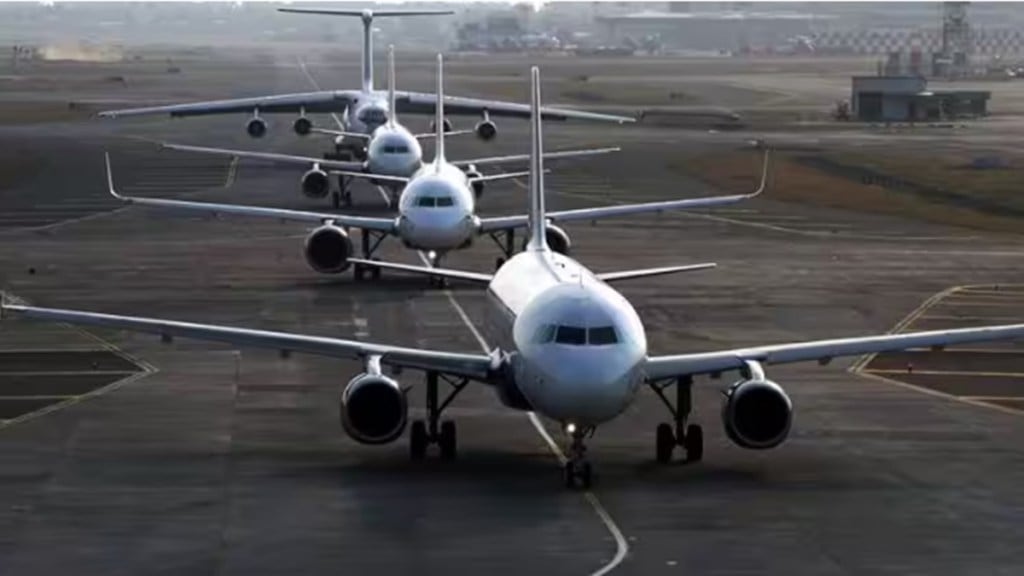A series of tariff-related orders issued by the airport regulator, which were challenged in a tribunal by GMR Airports Infrastructure, have been ruled in favour of the company for the Delhi airport. This is likely to have a domino effect on other airports that fall under the public-private partnership including the Adani-controlled Mumbai airport.
The Telecom Disputes Settlement and Appellate Tribunal (TDSAT) rulings, which include revised revenue and tax calculations and CSR expense calculations, is expected to be materially positive for the airport operator companies if there is no stay on them by the country’s apex court.
“The regulator has ruled in favour of the Delhi Airport on various counts. We believe that this could lead to significant value creation if the order achieves finality. Note that this order will likely lead to significant true-ups for the past period and also potentially improve future cash flows,” Mohit Kumar, analyst, ICICI Securities said in a report.
The orders issued by the Airports Economic Regulatory Authority (AERA) of India which were challenged in TDSAT pertain to three control periods falling between 2009 to 2024. The concession agreement for the Delhi International Airport (DIAL) was signed before the formation of the regulator, leading to dispute on various terms in the said formula.
Speaking to analysts in a recent call, Robbie Singh, CFO, Adani Enterprises said, “The order, as a rule, from a regulator, applies only to the specific order that is sought by the asset owner. However, from a precedence point of view, that in the filing of MIAL also, similar considerations will apply.”
Some of the rulings by TDSAT that are in favour of GMR are over recovery is allowed during the levy of base airport charges, other income will not subsidise aero charges, subsidy will exclude amount to be paid to the government on non-aero revenues for subsidy calculation, tax calculation will include aero (subsidy will be added to aero revenues), revenues from existing assets towards non-aero revenues will not be a part of subsidy and CSR expenses are to be treated as operating expenses.
GMR is preparing to file an application for the fourth control period as well which also seeks upward revision of tariffs. The company, which will seek similar rulings for its Hyderabad airport as well, says it will agitate before TDSAT for a favourable order.
“DIAL is going to file the application for the fourth control period, in the third quarter of this financial year. The quantum is being worked out, and it will be very difficult to state what the quantum of the increase that we are expecting,” said a senior executive from GMR Airports Infrastructure.
While GMR controls Delhi, Hyderabad and Mopa (Goa) airports, the Adani group controls airports in Mumbai, Ahmedabad, Jaipur, Lucknow, Guwahati, Mangaluru and Thiruvananthapuram. Bengaluru International Airport is also one of the major PPP airports of the country and would be likely affected by the TDSAT rulings.
Replying to a question in the Lok Sabha, Minister of State in the Ministry of Civil Aviation, V K Singh said, “A number of tariff orders of AERA have been challenged before TDSAT by the respective airport operators. In case the order is passed by TDSAT in favour of Airport Operator, AERA is required to either modify the tariff order or to carry out the truing up exercise during the next control period as per the decision of the TDSAT, which may result into financial implication in the form of higher aeronautical charges. TDSAT judgements are open to being challenged in the higher court by AERA.”

